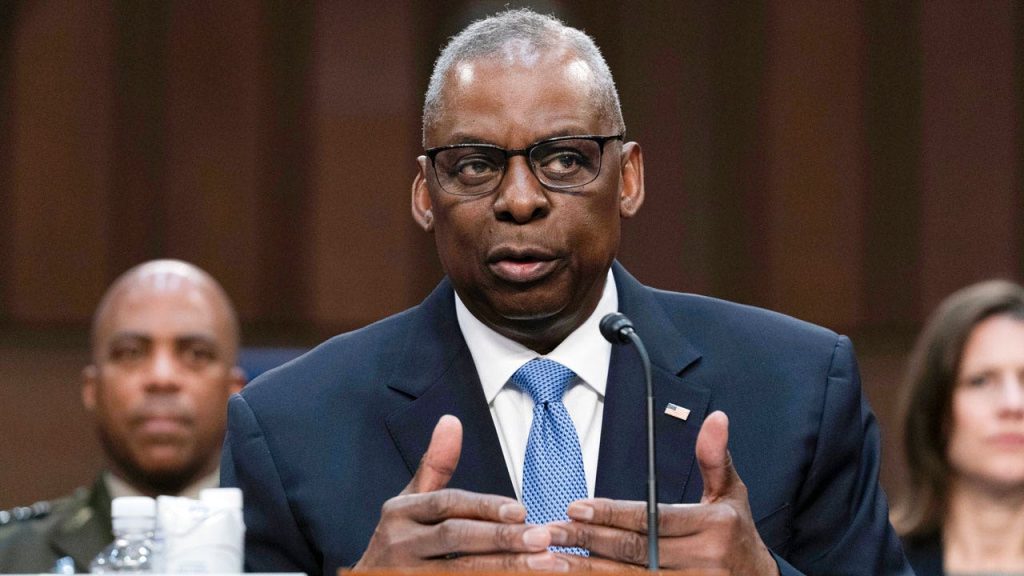Defense Secretary Lloyd Austin has been working to improve communications with the Chinese military in an effort to reduce unsafe and aggressive incidents in the Indo-Pacific. In a recent call with China’s national defense minister, Adm. Dong Jun, Austin emphasized the importance of opening lines of military-to-military communication and respect for freedom of navigation in the seas. This comes as Secretary of State Antony Blinken is expected to travel to China for talks, continuing efforts to ease tensions between the two countries.
Military-to-military contact between the U.S. and China stalled in August 2022, when Beijing suspended communication after then-House Speaker Nancy Pelosi’s visit to Taiwan. The thaw in relations began last November when President Joe Biden and China’s President Xi Jinping met on the sidelines of a summit. Gen. CQ Brown spoke with his Chinese counterpart in a video call shortly after, marking the first senior military-to-military contact since Pelosi’s visit. Austin’s call with Dong, although anticipated, is significant as it represents ongoing efforts to prevent conflict between the U.S. and China.
Incidents between the U.S. and Chinese militaries in the Pacific have been a cause for concern, particularly those involving unsafe intercepts by Chinese aircraft. China’s aggressive behavior towards neighboring countries, such as the Philippines, has also raised alarms about potential escalation. During Austin’s call with Dong, they discussed Russia’s war in Ukraine, concerns about North Korea, and the importance of peace and stability in the Taiwan Strait. Efforts to prevent competition with China from turning into conflict are paramount for U.S. defense officials.
Pelosi’s visit to Taiwan led to increased military maneuvers by China, including sending warships and aircraft across the Taiwan Strait. Beijing challenged established norms by firing missiles over Taiwan and into Japan’s exclusive economic zone. This surge in activity prompted U.S. objections to unsafe incidents involving Chinese aircraft in the Pacific, as well as concerns about aggressive behavior towards Philippine ships in the South China Sea. The U.S. and Chinese defense officials met earlier in Hawaii to address these incidents and work towards safer interactions between their militaries.
Efforts to expand communications and ease tensions between the U.S. and China have been ongoing, with high-level meetings and discussions taking place since last year. Austin’s call with Dong marks an important step in continuing dialogue and preventing conflict between the two countries. Discussions about various regional and global issues, including Ukraine, North Korea, and Taiwan, highlight the complexity of the relationship between the U.S. and China. Both sides are working towards a more stable military-to-military relationship to reduce the risk of escalation in the Indo-Pacific region.
Overall, the recent call between Defense Secretary Austin and China’s national defense minister is part of a broader effort to improve communication and reduce unsafe incidents between the U.S. and Chinese militaries. Both countries are working towards a more stable relationship to prevent conflicts in the Indo-Pacific region while addressing regional and global challenges. Ongoing discussions and meetings demonstrate a commitment to dialogue and de-escalation, despite existing tensions and concerns about aggressive behavior.


